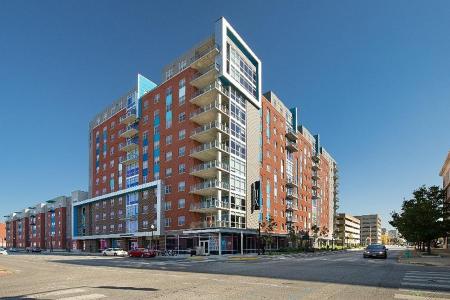Risk-reward ratio not so good: GIC chief
Manager of S'pore's reserves has chosen to keep a cautious investment stance
For GIC, what is key is for the manager of Singapore's reserves to be always mindful of the risk-reward outcome when evaluating investments.
This was also the view before the global financial crisis (GFC), when GIC was assessing the situation. Chief executive officer Lim Chow Kiat recently shed more light on the risk-reward approach at a briefing before the release of GIC's results.
Mr Lim said before the GFC, growth wasspreading. Housing markets were booming. The financial sector had shadow banking-type activities.
"I remember we turned cautious around then. This was not predicting a crisis, but the risk-reward was not good with tight spreads stretching valuations. So we figured we needed to take some money off the table.
"We can't draw the exact parallel now, but we believe this risk-reward way of thinking about investing is the right way. If you were to take risks, you must expect some level of reward. If this does not exist, then you would be better off not taking the risk.
"That would be the parallel we draw. This risk-reward point is key and our teams are working hard to understand the drivers and triggers of that. We have identified a few possible problems - rising interest rates and escalating trade frictions could be some of them," he said.
In view of the high asset valuations, increased risk of monetary policy tightening across different jurisdictions and elevated uncertainty, partly due to rising trade tensions, GIC has chosen to keep a cautious investment stance.
"The fact is when you start with high valuations, the plane is already tilted. It is an uphill climb already," Mr Lim said.
On the market's vulnerability and the need to save "dry powder", Mr Lim said the calibration is still down to risk and reward.
"We just don't see the risk-reward ratio to be so good that we want to be fully invested.
"With dry powder, even with some volatility, it gives many opportunities for our teams to re-look at some areas that were previously expensive," he said.
GIC's group chief investment officer Jeffrey Jaensubhakij said: "What matters is whether in the current environment, we can find things where risk- reward is reasonable and we can put things to work. Our groups are still finding assets with good risk-reward ratios, and work even harder to find them before others do."
GIC is known to own office blocks in major cities. But as Mr Jaensubhakij said, with real estate having become more costly, forward returns will be lower. GIC has sold a number of office properties recently.
Mr Jaensubhakij said: "We need to look outside of core real estate and see where rental yields are better, more stable and prices are not so high."
He said: "Most importantly... we emphasise to our teams that more risk doesn't mean better returns."- THE STRAITS TIMES
Get The New Paper on your phone with the free TNP app. Download from the Apple App Store or Google Play Store now



